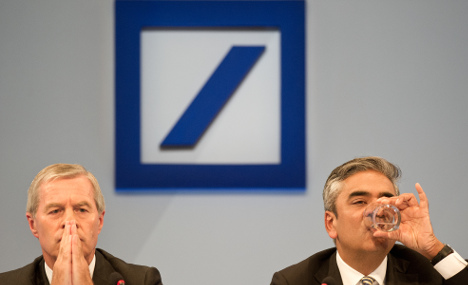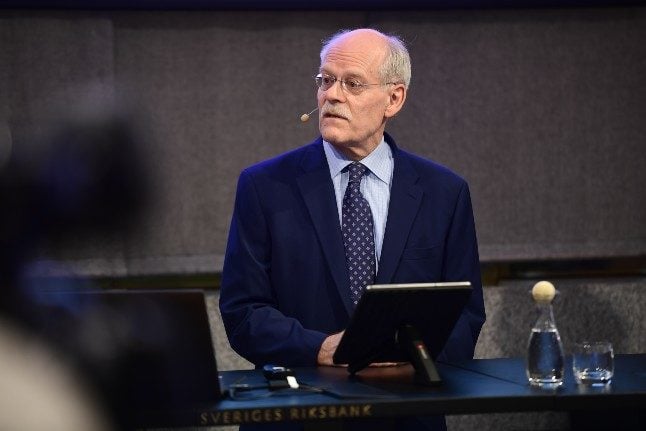The case centers on charges that Deutsche Bank derivatives traders manipulated the London InterBank Offered Rate, used to peg millions of interest rate-sensitive contracts and loans around the world, from at least 2003-2011 to boost their trading positions.
Under the deferred prosecution agreement, Deutsche Bank agreed to plead guilty to a US charge of wire fraud, a criminal offense, in connection with the scam and admitted participating in price-fixing conspiracy.
Deutsche Bank employees defrauded counterparties in emails, telephone calls and electronic chats.
"Deutsche Bank admitted to manipulating benchmark interest rates in currencies around the globe in order to benefit trading positions," the Justice Department said in a statement.
"This wide-reaching investigation represents yet another step in the FBI's ongoing effort to find and stop those who deliberately participate in complex financial crimes to further their own bottom line."
The breakout of the fine included $1.4 billion in penalties to the Justice Department, $800 million to the US Commodity Futures Trading Commission, $600 million to the New York Department of Financial Services and $344 million to Britain's Financial Conduct Authority.
SEE ALSO: US sues Deutsche Bank over tax scam



 Please whitelist us to continue reading.
Please whitelist us to continue reading.
Member comments